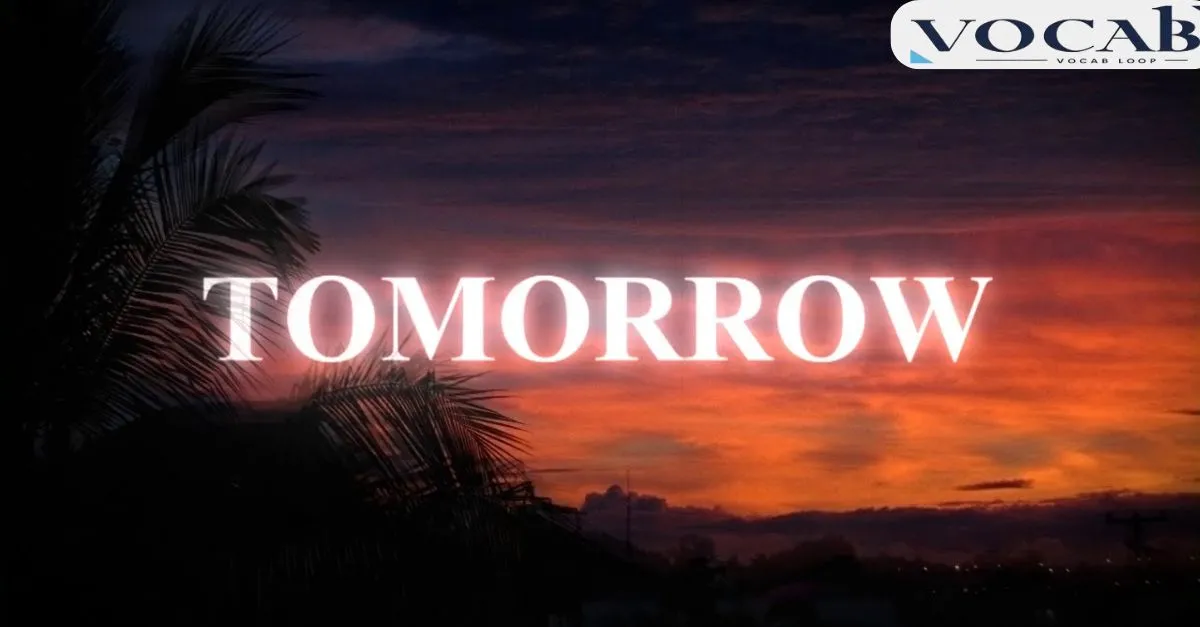When writing, you might come across the confusion between “tomorrow” and “tommorrow”. It’s easy to mix them up, especially since the extra “m” seems to make sense when you say the word out loud. However, the correct spelling is tomorrow with only one “m.”
“Tommorrow” is a common misspelling that can make your writing look less professional or even careless. Let’s break down the reasons for this confusion and learn how to use the correct spelling.
What is the confusion: Tomorrow or Tommorrow?
The main issue arises because of how people pronounce the word. When spoken, it might sound like there are two “m”s, leading some to mistakenly add an extra “m” when writing it down. But in standard English, tomorrow with one “m” is the only correct form.
“Tommorrow” is just a mistake, and it’s important to avoid it in all types of writing. Getting the spelling right not only improves clarity but also shows that you pay attention to detail.
Is the Tomorrow word correct?
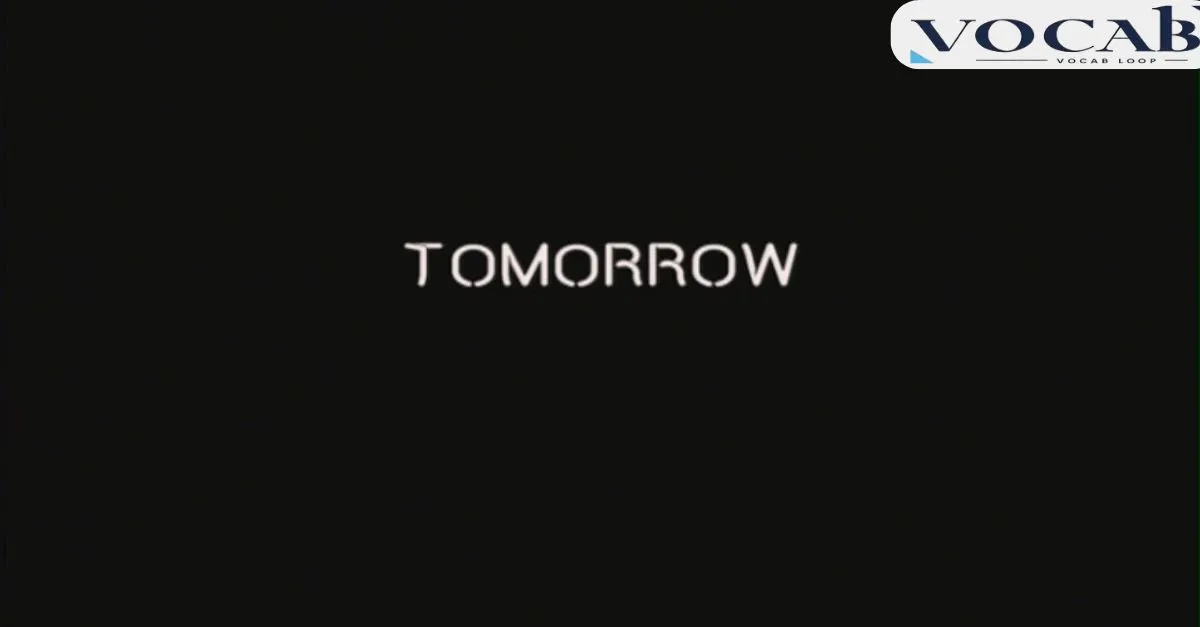
Yes, tomorrow is the correct word. It’s a noun and refers to the day after today. For example, “I will see you tomorrow.” This word is widely accepted in both American and British English.
It follows regular spelling patterns and is the right choice in every context, from emails to professional writing.
Definition:
The word tomorrow refers to the next day or the future. It’s commonly used to describe events, plans, or actions that will take place after today.
Meaning:
Tomorrow signifies time in the near future. Whether you’re planning a meeting or talking about a future event, “tomorrow” will always be the correct choice.
Is the Tommorrow word correct?
Tommorrow is incorrect. It’s a frequent misspelling where people mistakenly add an extra “m.” It doesn’t appear in dictionaries or recognized writing guides. If you want your writing to appear clear and correct, stick to “tomorrow” with just one “m.”
Definition:
There is no formal definition for “tommorrow” because it is not a standard word. It’s a spelling mistake based on confusion with pronunciation.
Meaning:
Since “tommorrow” is not a real word, it doesn’t have a meaning in the language. Always use “tomorrow” to ensure your writing is grammatically correct.
Quick Summary
Tomorrow is the correct spelling, while tommorrow is a misspelling. The confusion typically comes from mishearing the word or thinking the extra “m” is necessary. But sticking with “tomorrow” will keep your writing professional and clear.
Common Misspellings of “Tomorrow” and Their Frequency
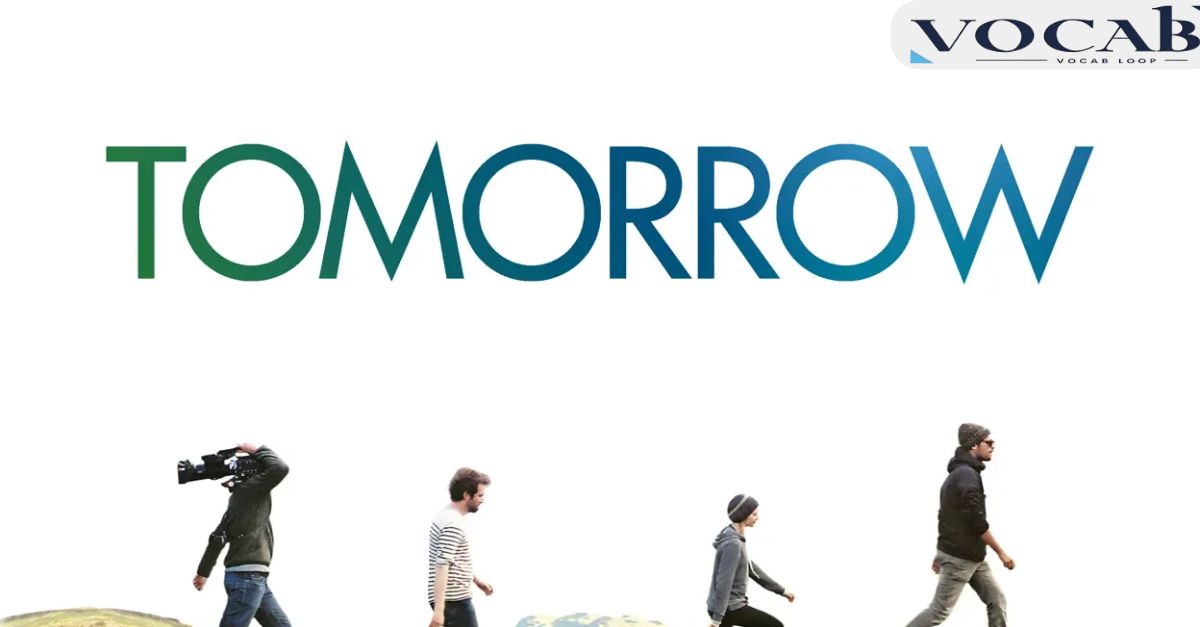
The misspelling “tommorrow” is common, though it’s not as frequent as other errors like confusing “definitely” with “definately.” These types of errors often happen when people rely too much on sound instead of following the correct spelling rules.
Recognizing these mistakes can help you improve your writing.
Scenario Examples: in Action
For example, if you say, “I will meet you tomorrow at the coffee shop,” it’s clear and correct. writing “I will meet you tommorrow” in a professional email would look incorrect. The extra “m” would distract the reader and make your writing seem less polished.
Why Does This Mistake Happen?
The extra “m” in tommorrow likely comes from people mishearing the word. Sometimes, people spell what they hear instead of what is actually written.
The two “m”s feel more natural when pronounced quickly in speech, but that doesn’t change the correct spelling.
Spelling Guidelines to Remember
When in doubt, follow these guidelines: if you hear the word with a single “m” and it feels like it’s one continuous sound, it’s probably tomorrow. Always check your writing using spell checkers to spot any mistakes before finalizing it.
Tomorrow or Tommorrow Parts of Speech
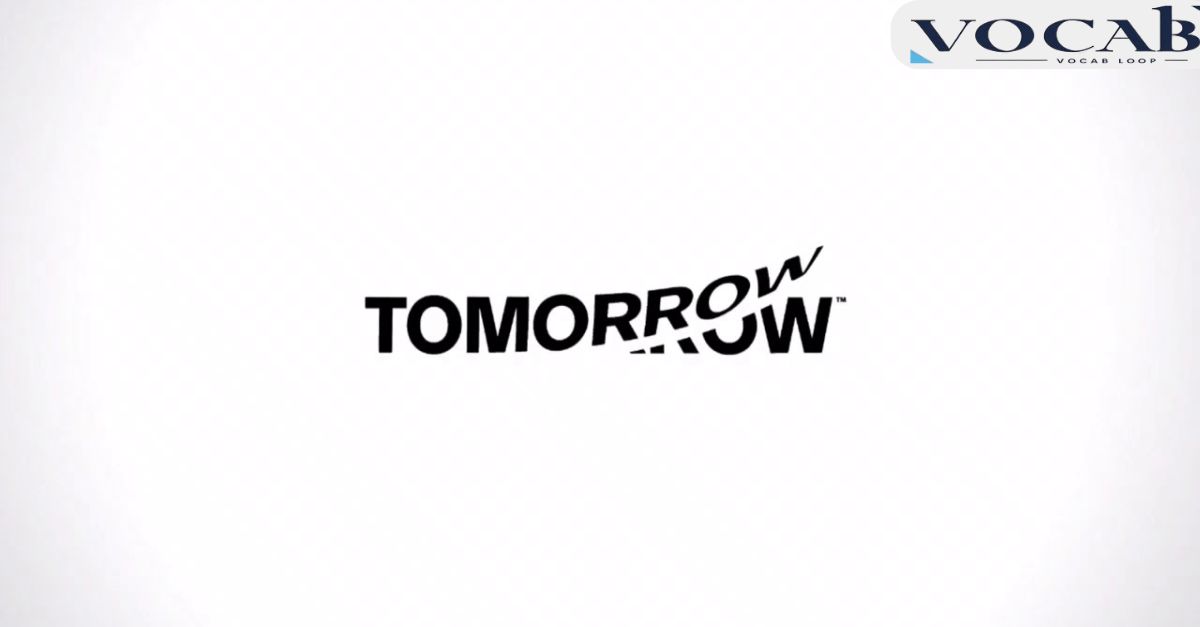
Tomorrow is primarily used as a noun. It can also function as an adverb in some cases, like in “I will do it tomorrow.” Remember that tomorrow is consistent in both formal and informal contexts.
Pronunciation of Tomorrow or Tommorrow
The correct pronunciation of tomorrow is in British English and /təˈmɔroʊ/ in American English. You’ll notice the sound doesn’t require an extra “m,” even though it might seem that way in some regional accents.
Side-by-Side Comparison
| Word | Correct Spelling | Incorrect Spelling |
| Tomorrow | Accepted in all English forms | Tommorrow |
Tomorrow is always the correct spelling. Don’t add an extra “m” when writing the word.
Which One is More Acceptable: Tomorrow or Tommorrow?
Tomorrow is the only acceptable form. Using tommorrow can make your writing appear unprofessional and careless. Stick with the standard version, tomorrow, to maintain clarity and correctness.
Trick to Remember the Difference: Tomorrow or Tommorrow
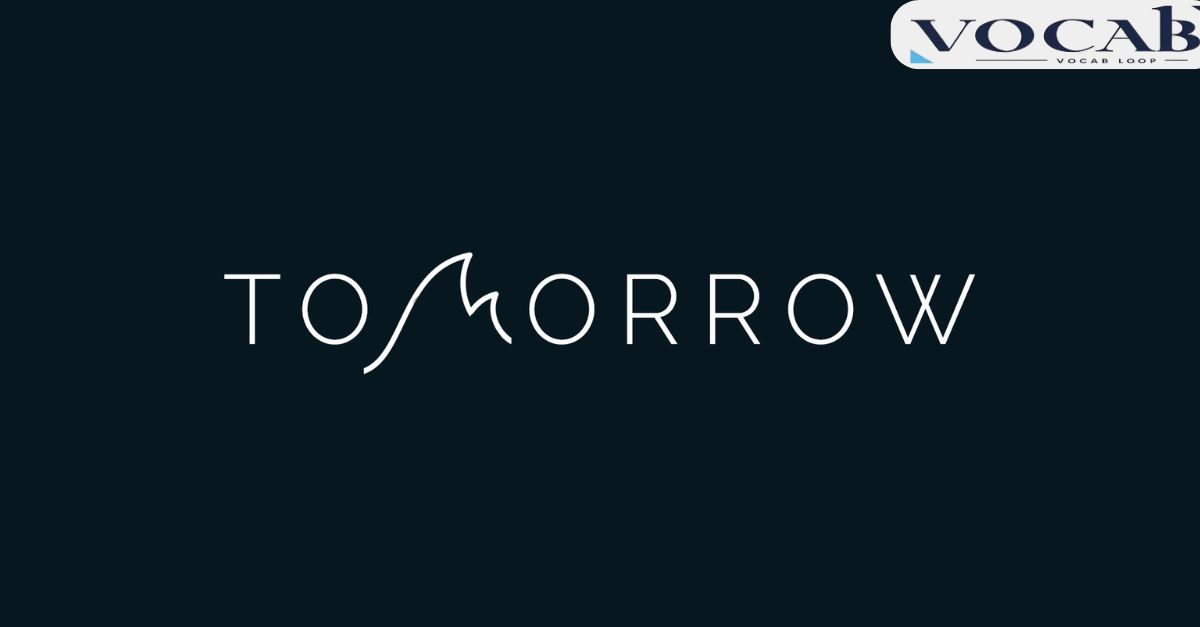
One simple trick to remember the correct spelling is to think about how it’s used in the context. The word tomorrow represents the day after today, and you only need one “m.”
If you’re unsure, just recall that “tomorrow” is the only version listed in all dictionaries.
The Importance of Correct Spelling in Various Contexts
In Professional Settings
In business emails and official communications, correct spelling is essential. Misspellings like tommorrow can affect your credibility. Always use tomorrow to maintain professionalism.
In Academic Writing
In academic essays, research papers, or even casual discussions, tomorrow is the only appropriate choice.
Misspelling the word can negatively impact your grades or how your paper is perceived by professors.
In Creative Writing
In creative writing, the same spelling rules apply. Using the wrong spelling of tomorrow can break the flow of your writing and distract readers from the content.
In Digital Communication
Even in casual communication, like texting or social media, correct spelling shows that you care about clarity.
Using tomorrow instead of tommorrow makes your posts or messages easier to read and understand.
Origins of Tomorrow or Tommorrow

The word tomorrow comes from Middle English “to morowe,” which originally meant “the next day.” Over time, it evolved into the version we use today.
Tommorrow doesn’t have historical roots in the language, making it purely a modern mistake.
Synonyms for “Tomorrow”:
- Next day
- The following day
- The near future
- In the future
- The coming day
- The next morning
- The subsequent day
- In the days ahead
- In the near term
- Future
Everyday Usage Examples

- Tomorrow is my birthday, and I’m planning a big celebration.
- The meeting will be held tomorrow at 10 AM.
- I need to finish this project tomorrow or I’ll miss the deadline.
- She promised to return the book tomorrow.
- We will be having lunch tomorrow at the new restaurant.
- I will call you tomorrow to discuss the details.
- Tomorrow marks the start of a new chapter in my life.
- You can pick up your tickets tomorrow at the counter.
- Let’s talk about it tomorrow after we have some time to think.
- I have an appointment tomorrow, so I can’t make it to the event.
Avoiding Pitfalls in Time-Related Writing
When writing about the future, always remember to use tomorrow. It’s a simple yet important word to get right, especially when your communication is time-sensitive.
The Role of Spell Checkers and Grammar Tools
Spell checkers can catch misspellings like tommorrow, but relying on them completely can sometimes be risky.
They won’t always understand context. Always proofread your work carefully to ensure your writing is flawless.
The Psychology of Spelling: Why We Second-Guess Ourselves
The confusion between “tomorrow” and “tommorrow” might stem from our natural tendency to second-guess ourselves when writing.
We often overthink words, especially when they sound similar but are spelled differently. Being aware of common spelling mistakes can help overcome this anxiety.
FAQs
What is the correct spelling of tomorrow?
The correct spelling is tomorrow.
Why do people write “tommorrow”?
It’s a common mistake, likely due to the way the word sounds when spoken.
Can I use “tommorrow” in writing?
No, tommorrow is a misspelling and should be avoided.
How do I remember the correct spelling?
Think of “tomorrow” as the word for the day after today, and stick to that spelling.
Is spelling important in casual writing?
Yes, even in casual writing, correct spelling helps with clarity and professionalism.
Conclusion
The correct spelling is tomorrow, and tommorrow is a mistake that should be avoided. Whether you’re writing for professional, academic, or casual purposes, using the correct form enhances your communication and ensures your writing looks polished.
Keep an eye out for common spelling mistakes like this one, and always strive for accuracy to avoid confusion.

Alex Hormozi is a seasoned blogger at Vocab Loop, known for his deep insights into language, vocabulary, and grammar. With years of experience in writing, Alex shares practical tips and effective strategies to help readers improve their linguistic skills and enhance their writing abilities.

